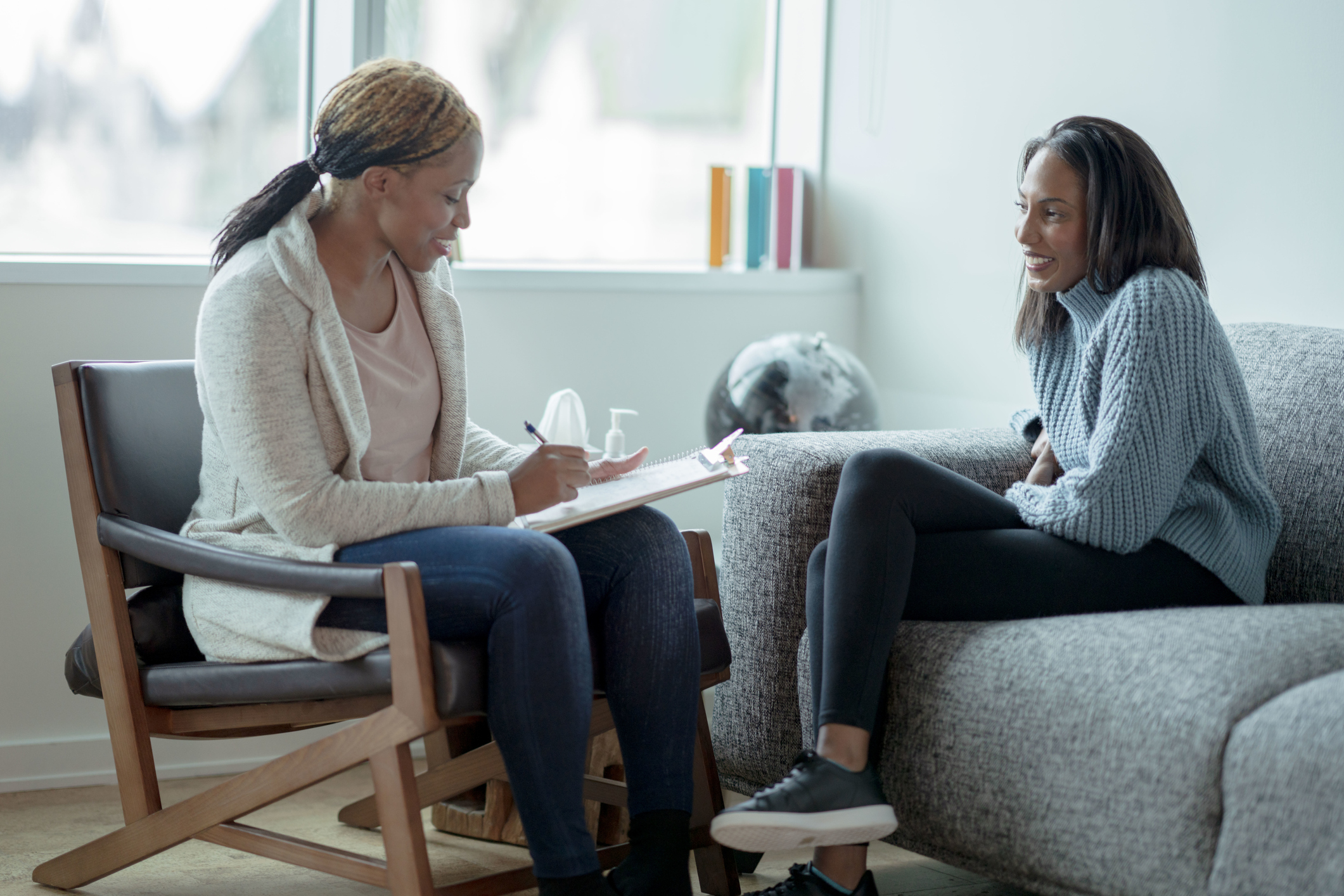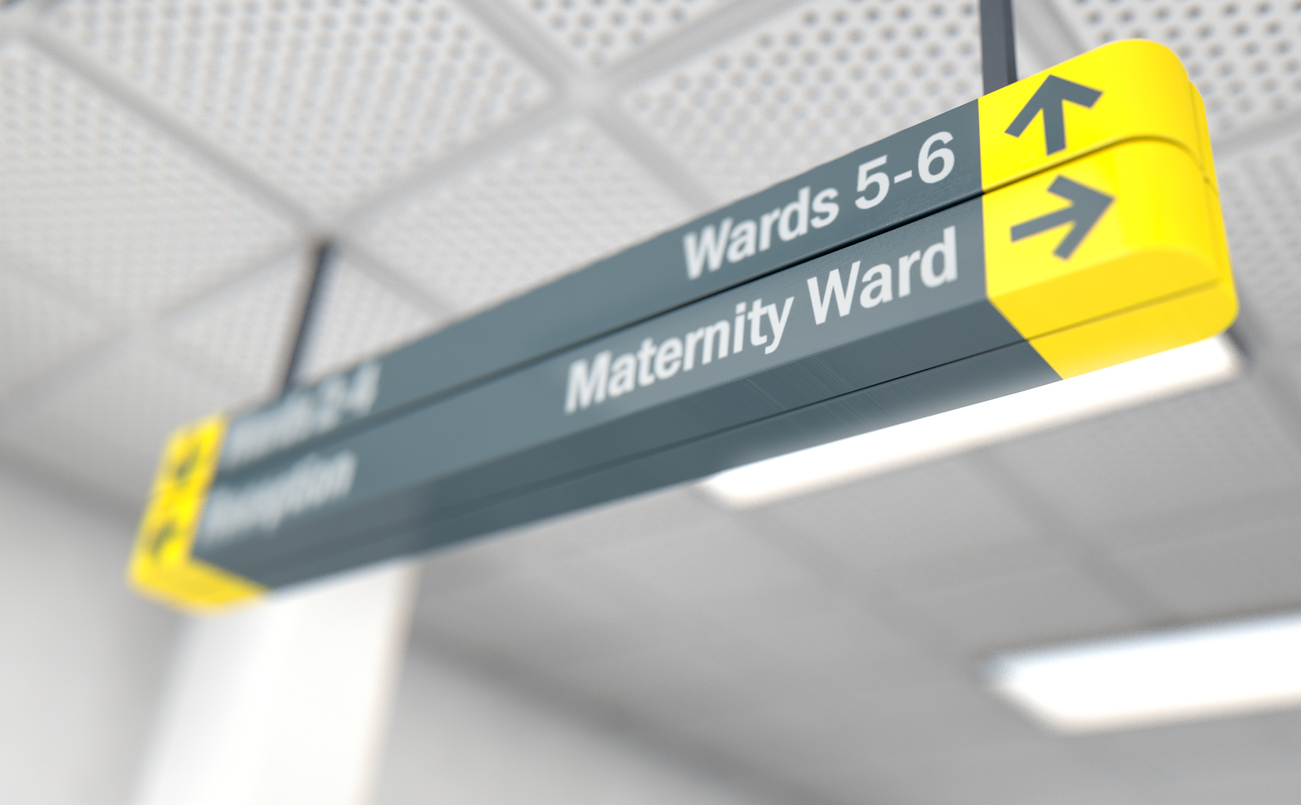Having resilience effectively means that we have learned ways to deal positively with the gap between the demands of situations and our sense of the resources we have to cope.
Resilient individuals have found ways to actively and consistently engage coping strategies to deal with the demands of stressful situations, whereas less resilient individuals tend to find themselves worn down and negatively impacted by stress.
The good news is that research shows that resilience can be learned. Resilience is a dynamic quality that can be developed over time, meaning we can learn to enhance our capacity to both become resilient and to grow our level of resilience over time.
From this psychological perspective the 3 core elements that are essential in developing resilience are:
- developing the capacity to cope well with stress and employ appropriate coping mechanisms as they are required
- developing the ability to bounce back to homeostasis after disruption
- learning and adapting from our experiences of stress, thereby providing resistance to future challenging events.
There are many ways that people can learn to develop these capacities and generate a positive process of adaptation to stressful situations. Developing a high degree of self-awareness about what it takes to be resilient is an excellent place to start.
You can begin this process by asking yourself (or someone else!) some of the following questions that have been designed to support people to build self awareness of how they develop resilience and greater inner stability.
Awareness about your relationship with resilience
- What does being resilient mean to me?
- How has my relationship with the concept of resilience changed or grown?
- What is important to me about being resilient?
Awareness about how you experience “being resilient”
When I experience being resilient …
- What do I do and how do I behave?
- What do I say and how do I speak?
- What do I think and how are my beliefs?
- What do I feel and how are my emotions?
- What do I sense physically and how does my body feel?
Awareness about how you experience “not being resilient”
When I experience not being resilient …
- What do I do and how do I behave?
- What do I say and how do I speak?
- What do I think and how are my beliefs?
- What do I feel and how are my emotions?
- What do I sense physically and how does my body feel?
Awareness of what challenges your sense of resilience
- What challenges my sense of resilience?
- What experiences tend to erode my resilience?
- What kind of circumstances are likely to threaten my sense of being able to “bounce back”?
Awareness of what enhances your sense of resilience?
- What do I do to stay resilient?
- What do I do to accelerate my ability to bounce back from stressful situations?
- What have I learned is important for me to stay attuned to feeling resourceful and resilient?
Awareness about your coping skills
- Where am I coping well with pressures, what am I doing and how am I being?
- What emotional coping strategies really work for me?
- What cognitive coping strategies really work for me?
Awareness of learning from experiences of stress
- What have I learned about how I best cope with pressures or stress?
- What has been a useful tactic or approach that I have used more than once?
- How can I use my learning from previous experiences of stress to build a greater sense of inner stability and resilience next time I face pressure?
Developing resilience is a complex psychological process, that requires some kind of conscious awareness and management of your experience. We are not born as either more or less resilient, rather the literature clearly demonstrates that resilience can be learned and developed. As with many things, all change begins with self-awareness. Understanding ourselves and proactively raising awareness about our processes and patterns can enhance our capacity to both become resilient and grow the extent to which we feel more resilient over time.
We hope these questions are useful both for your own development, and for your work with others.
Please do contact us if you have any comments or questions.





